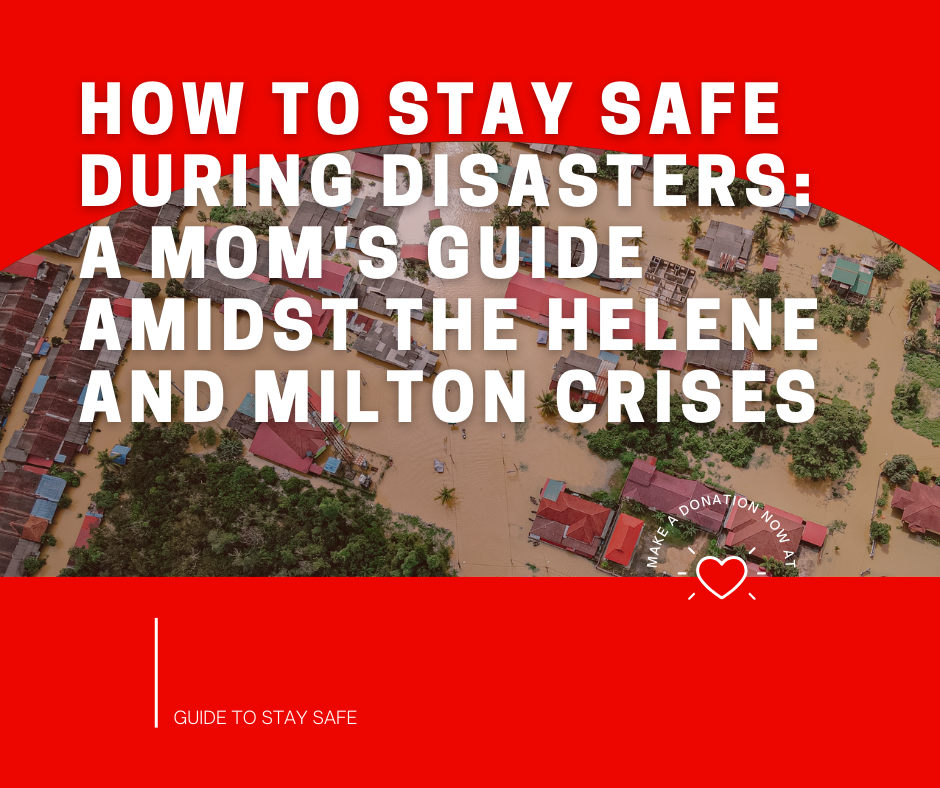
As a mother of four, my heart is constantly focused on keeping my children safe, especially during times of crisis. Right now, we’re facing two major disasters: Tropical Storm Helene hitting Tennessee and Hurricane Milton in Florida. These events have left communities reeling, with families displaced, homes destroyed, and rescue efforts stretched to their limits. It’s a terrifying situation, and it brings into sharp focus just how crucial it is to be prepared.
I know many of you are in the same position, worrying about how to protect your loved ones as these storms rage on. Let’s talk about what we can do right now to keep our families safe, how to prepare for future disasters, and some key safety tips that can help us navigate the unpredictable forces of nature, including earthquakes, which are a hidden threat even during these stormy times.
The truth is, we never know when a disaster will strike or how many different types of emergencies we’ll need to face at once. What we do know is that being prepared is the best way to keep our loved ones safe. In this post, I’ll walk you through some key steps that can help us navigate through these challenging times and offer guidance on how to respond to both hurricanes and earthquakes.
The Current Disasters: Tropical Storm Helene in Tennessee and Hurricane Milton in Florida
Tropical Storm Helene has brought heavy rainfall, flooding, and dangerous winds to Tennessee, an area not typically associated with tropical storms. Families there are grappling with flash floods and power outages as emergency services work around the clock. Many roads are submerged, and homes are being evacuated due to rising waters.
Meanwhile, Hurricane Milton (EM-3623-FL) has intensified into a major storm, tearing through Florida with devastating force. Coastal areas have been evacuated, but many inland families are still dealing with flooding, strong winds, and downed power lines. Rescue efforts are ongoing, but the situation remains critical.
As these two storms continue to wreak havoc, it’s clear that we need to stay alert and ready to respond, not just to the current crises, but to whatever may come next.
As a mother, this is my worst nightmare. I keep imagining what I would do if I had to quickly evacuate with my kids or if the ground suddenly started shaking. These disasters are a reminder that we need to be ready for anything, and that preparation can help us get through these difficult moments.
Understanding Different Types of Disasters: Hurricanes, Tropical Storms, and Earthquakes
Each of these disasters requires a different approach, and as parents, it’s important that we know how to respond effectively, whether we’re facing a tropical storm, a hurricane, or even an earthquake.
For Tropical Storms (Like Helene in Tennessee):
- Flooding Is the Biggest Threat: Tropical storms often bring torrential rains that cause rivers to overflow and flood homes and roads. The most important thing to do during a tropical storm is to move to higher ground if you’re in a flood-prone area. Know your evacuation routes ahead of time and have an emergency kit ready.
- Prepare for Power Outages: Winds can knock down power lines, so keep flashlights, batteries, and a battery-powered radio on hand. Portable chargers are essential to keep your phones working for as long as possible.
- Listen to Local Authorities: Stay tuned to weather updates and follow any evacuation orders. If you’re told to leave, do so quickly. Don’t try to drive through flooded areas, as even shallow water can sweep your car away.
For Hurricanes (Like Milton in Florida):
- Evacuate Early: If you’re in an evacuation zone, pack up and go as soon as you can. Roads can become jammed, and you don’t want to be caught in traffic when the storm hits. Pack a “go-bag” with essentials like water, food, medications, and important documents.
- Secure Your Home: Before the storm arrives, board up windows, bring in any loose outdoor furniture, and secure anything that could become a projectile. Find a safe spot in your home—an interior room without windows—where you can shelter during the worst of the storm.
- Prepare for Long-Term Power Outages: Hurricanes can knock out power for days or even weeks. Stock up on non-perishable food, water, and backup power sources like solar chargers.
Don’t Forget Earthquake Preparedness:
Even in the middle of these storm disasters, it’s important to be aware that earthquakes can happen unexpectedly. If you’re in an earthquake-prone area, here are some quick tips:
- During the Quake: Drop, cover, and hold on. Get under a sturdy table, cover your head and neck, and stay put until the shaking stops. Avoid windows and heavy objects that could fall.
- After the Quake: Be prepared for aftershocks, which can be just as dangerous as the initial quake. Check your home for gas leaks or other hazards before moving around. Have an earthquake kit ready, including food, water, and first-aid supplies.
Immediate Action Steps: What You Can Do Right Now
Here are some immediate, practical steps that can help keep your family safe during Tropical Storm Helene and Hurricane Milton:
During Tropical Storm Helene (Tennessee):
- Move to Higher Ground: Flash floods are the biggest danger. If you’re in a low-lying area, don’t wait—get to higher ground as soon as possible.
- Keep Communication Open: Make sure you have a weather radio, like the FOSPower Emergency Solar HandCrank Radio, so you can receive important updates even if you lose power.
- Stay Indoors: Avoid going outside unless absolutely necessary. Floodwaters can rise quickly, and downed power lines pose a serious risk.
During Hurricane Milton (Florida):
- Evacuate or Shelter in Place: If you’re in an evacuation zone, don’t hesitate—pack your family and go. If you’re staying in place, find the safest spot in your home (an interior room or basement) and have your emergency supplies ready.
- Be Prepared for Flooding: Move any valuable or important items to higher floors, and make sure your kids know what to do if flooding starts. Keep a life jacket or floatation devices on hand just in case.
- Stay Connected: Use portable chargers or solar chargers to keep your phone working. If cell service goes down, a satellite phone, like the Garmin InReach Mini, can help you stay in touch with emergency services.
Emergency Kit Essentials: Be Ready for Anything
As a mom, one of the best ways I can protect my kids is by being prepared. Having a well-stocked emergency kit is essential in any disaster. Here’s what you should include:
- Water: At least one gallon of water per person, per day, for three days.
- Food: Non-perishable items that don’t need cooking, like canned goods, energy bars, and peanut butter.
- First Aid Kit: Bandages, antiseptic wipes, pain relievers, and any necessary medications. I am linking free blow for reference.
General Medi 2-in-1 First Aid Kit (215 Piece Set) + 43 Piece Mini First Aid Kit -Includes Eyewash, Ice(Cold) Pack, Moleskin Pad and Emergency Blanket for Travel, Home, Office, Car, Workplace
Surviveware 200 Pcs Comprehensive Premium Survival First Aid Kit – Medical Emergency Kit for Travel Camping Gear, Home Essentials & Outdoor Emergencies – HSA & FSA Eligible Survival Kit
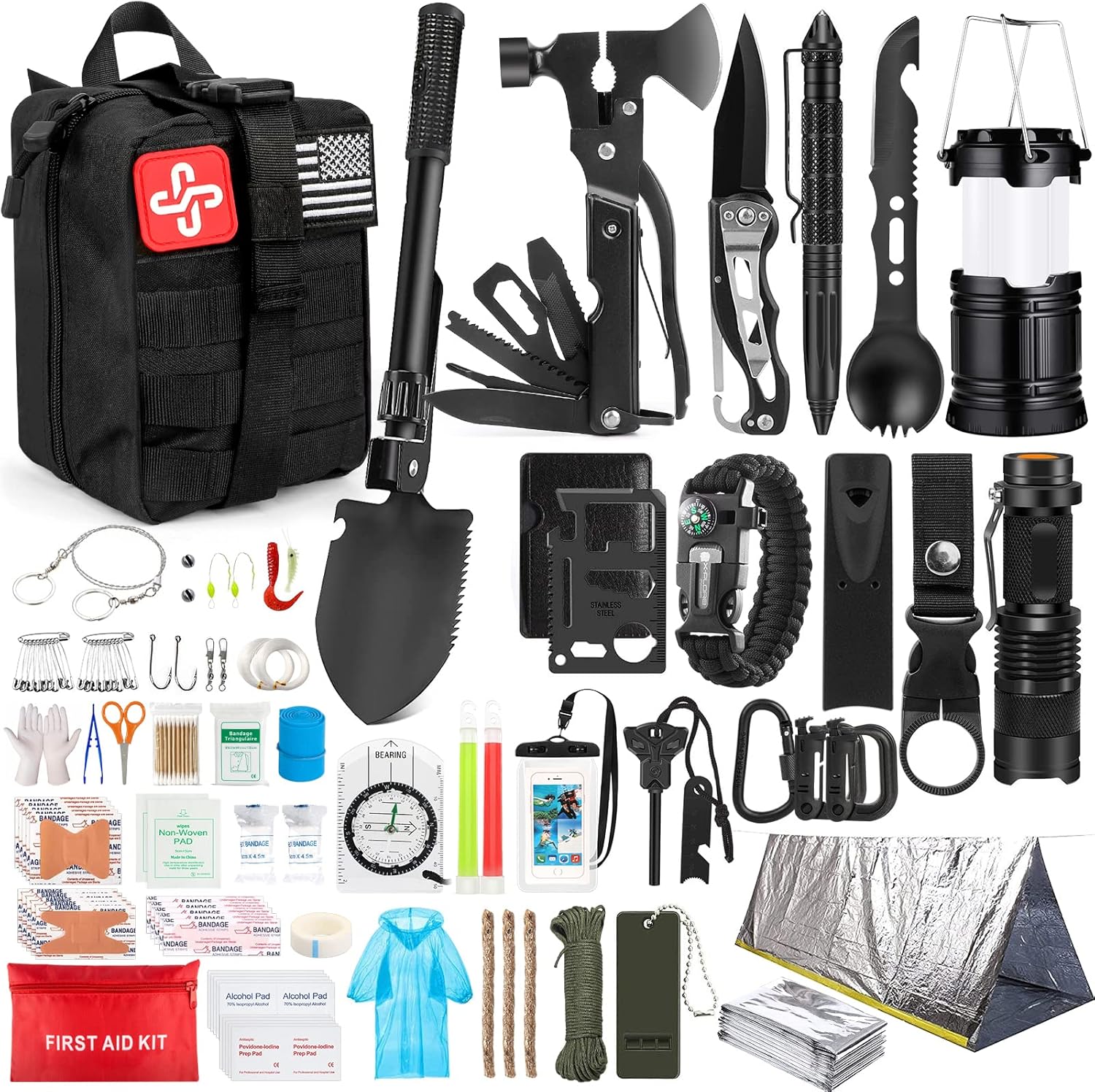
Survival Kit, 250Pcs Survival Gear First Aid Kit with Molle System Compatible Bag and Emergency Tent, Emergency Kit for Earthquake.
- Portable Power: Backup batteries and solar chargers for phones and radios.
Solar-Power-Bank-Portable-Charger-42800mAh Solar Phone Charger with 4 USB Ports/LED Flashlight Fast Charge USB C External Backup Battery Pack Compatible with iPhone Tablet
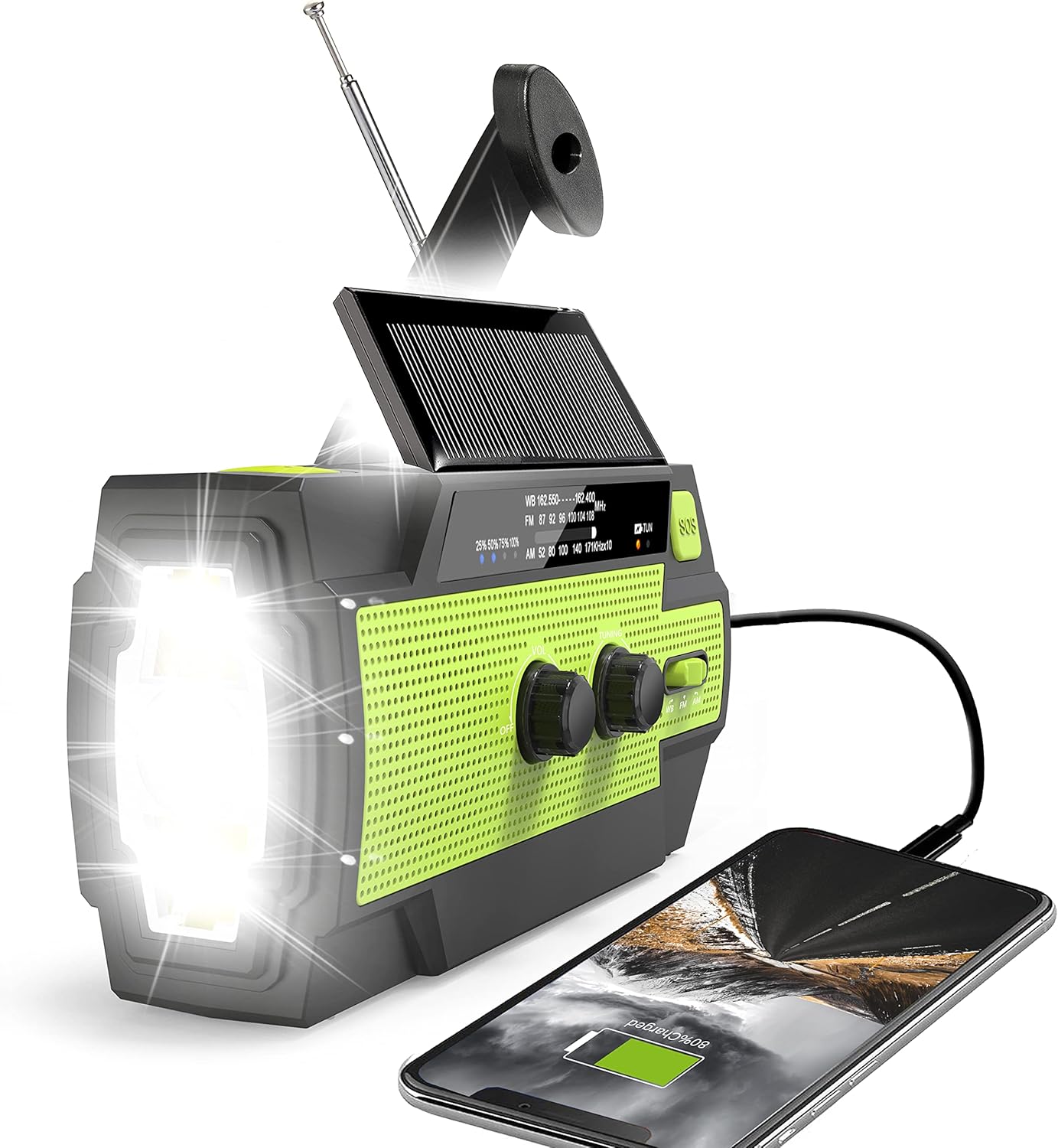
Emergency Crank Weather Radio, 4000mAh Solar Hand Crank Portable AM/FM/NOAA, with 1W 3 Mode Flashlight & Motion Sensor Reading Lamp, Cell Phone Charger, SOS for Home and Emergency
- Flashlights and Batteries: Be sure to have plenty of both in case of extended power outages.
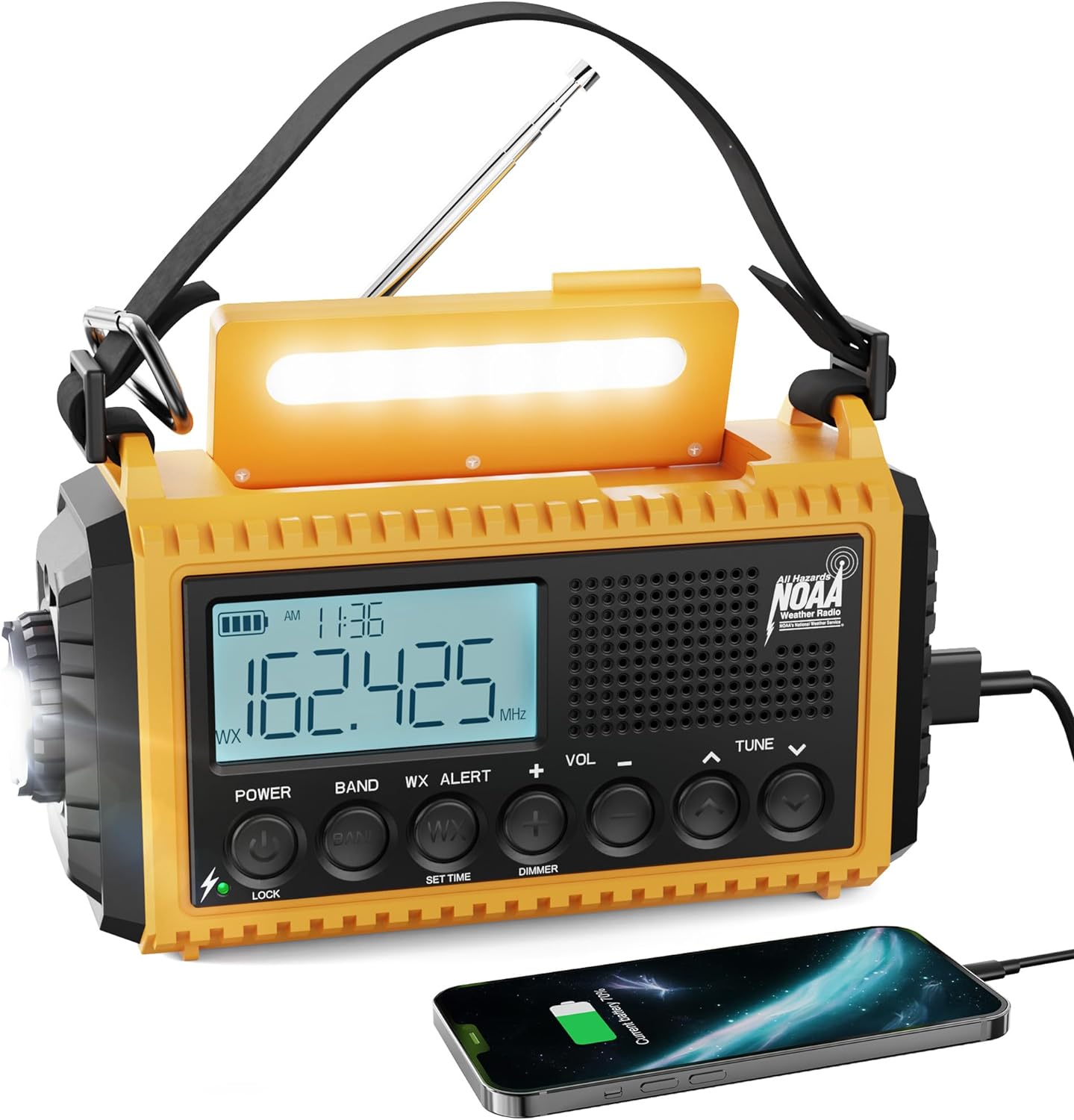
Raynic Emergency Radio, 5000mAh/18500mWh Weather Radio, Solar Hand Crank Radio with AM/FM/SW/NOAA Alert, Cell Phone Charger, Headphone Jack, Flashlight and SOS
- Whistles and Rescue Tools: In case of flooding or collapse, whistles can help rescue teams find you.
- Copies of Important Documents: Keep important paperwork like IDs, insurance policies, and medical records in a waterproof container.
Helping Each Other: Community Efforts
In disasters like Tropical Storm Helene and Hurricane Milton, we rely on each other. Check on your neighbors, especially the elderly or those who may not have the resources to evacuate. Organize with your community to share resources and information, and keep in touch with local authorities about shelters and aid stations.
If you can, donate to organizations that are on the ground providing relief. Every little bit helps during these challenging times:
- American Red Cross: Donate here
- Direct Relief: Donate here
As a mother, it’s terrifying to think about what could happen in the face of these disasters. But being prepared gives me the peace of mind that I’m doing everything I can to protect my children. Right now, whether you’re facing Tropical Storm Helene, Hurricane Milton, or an earthquake, the best thing we can do is to stay informed, stay prepared, and support each other. Let’s protect our families and our communities together.
Remember, we can’t control when a disaster will strike, but we can control how ready we are for it.
Stay safe, everyone.
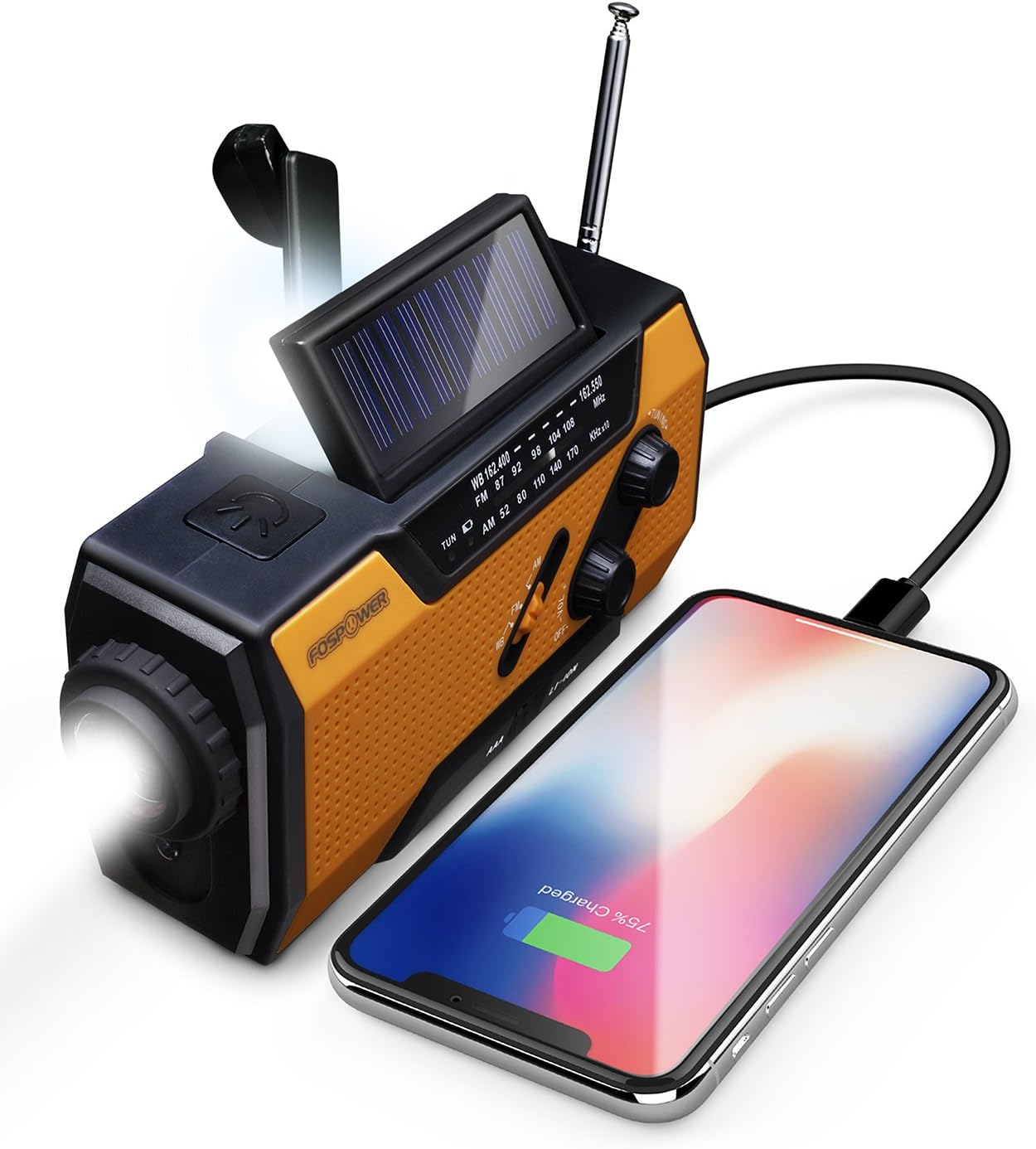
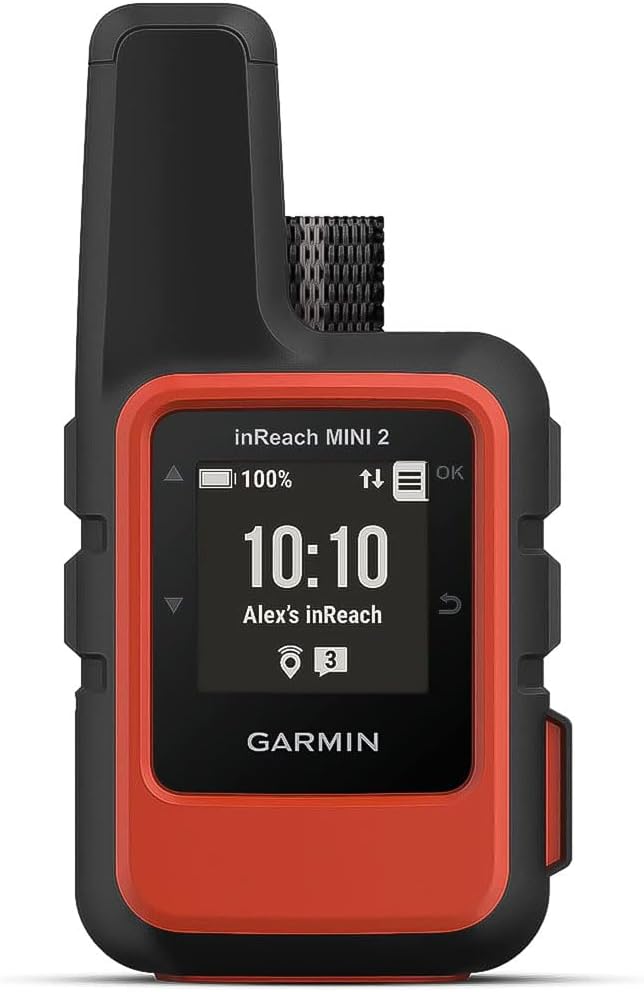
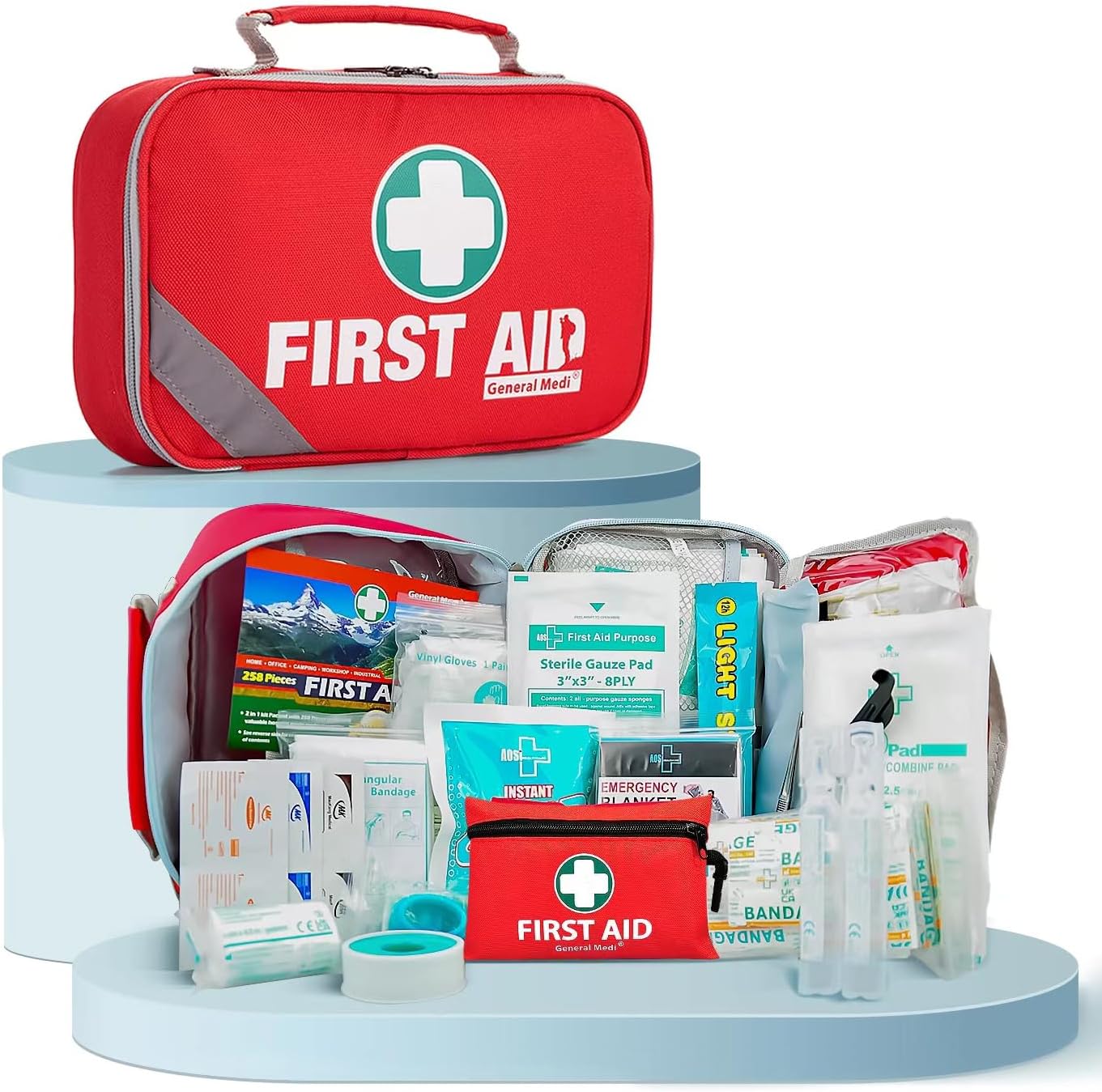
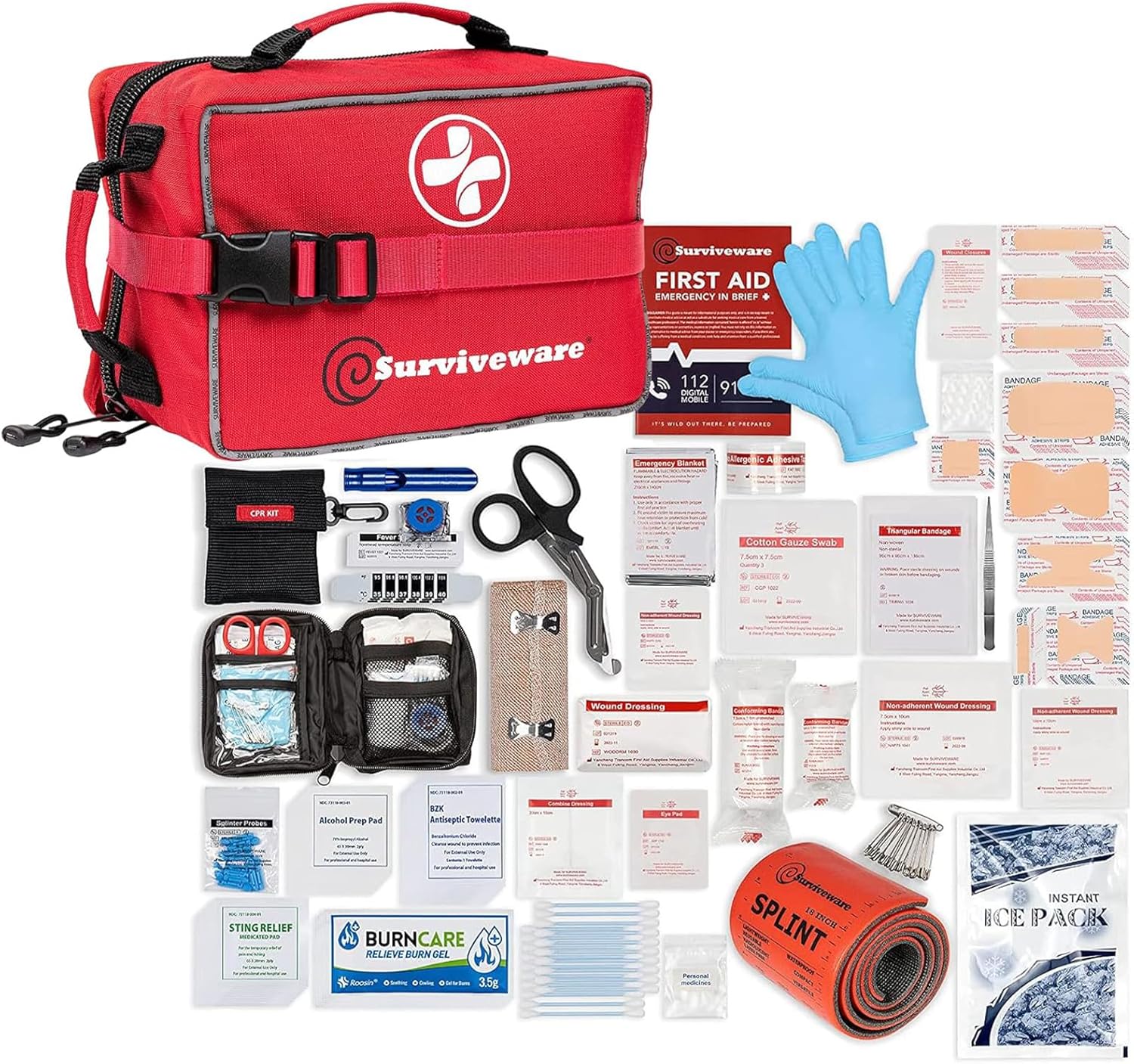
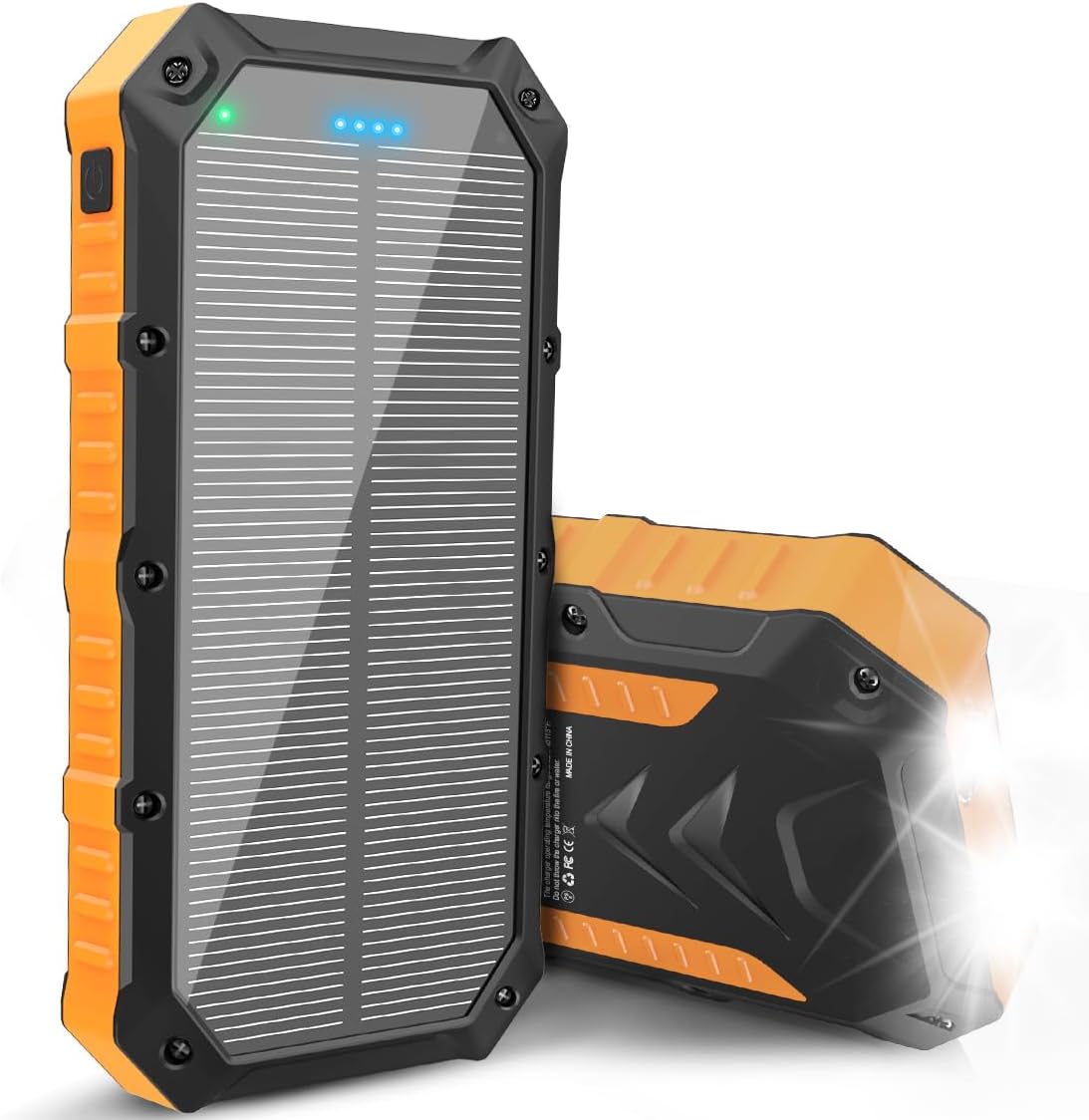
Comments will load here